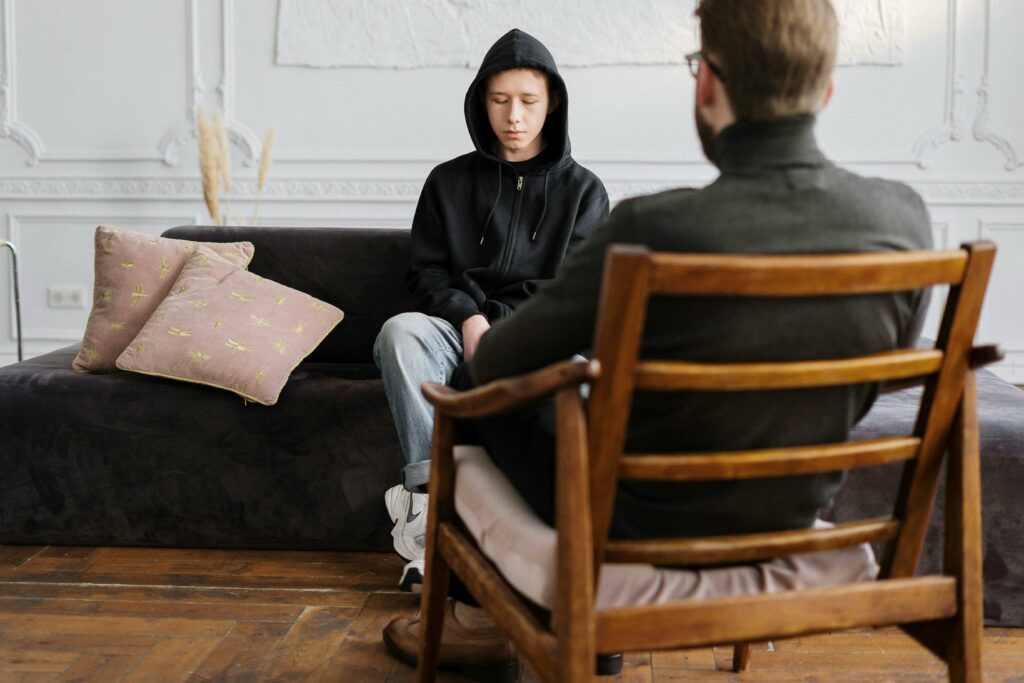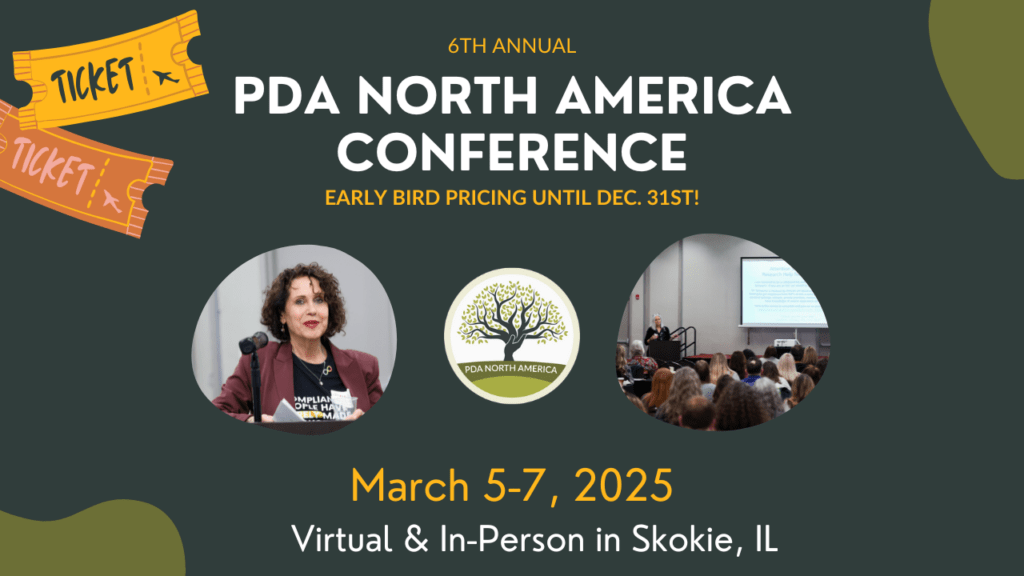by Diane Gould
Why I rarely recommend therapy. I realize that this is a very strange essay coming from a therapist. I am nervous about writing this to be honest. I have provided therapy to many individuals of all ages for decades. And sometimes it is magic. I have a handful of autistic individual clients currently that I have seen regularly for 10 or 15 years, and our alliance and relationship is secure and growth producing. I have seen parents of autistic individuals for many years as well and I can be their safe place. That again is wonderful and a privilege.
And then there are countless others, mostly children and teens, who were brought to therapy because someone told them that they need therapy. Or someone told their parents that they need therapy.
I have come to learn that talk therapy is not for everyone.
And it needs to be the right time. And naturally the right match of therapist. It is very hard for parents to ignore the professional recommendation to bring their child to therapy. It is at the end of most neuropsychological evaluations for kids that are struggling. And in theory it makes sense. And parents, will do anything to help their child. That is a given.
What I tell parents now who are seeking therapy for their child, is that they must be prepared for the long haul. Most of the time will be spent building and strengthening the relationship. There will not always be “things to show” for the time and money spent. Most children can’t reflect on something that happened Monday morning at their session on Thursday at 4:00. And rehashing experiences where they made mistakes has little to no value and can produce harmful shame. I won’t do that.
Early in my career I often did. Not because I believed it was helpful but because I wanted parents to get their money’s worth and feel like I was fulfilling my role as a therapist. I also needed to explain to parents better what therapy was and was not. I needed to say that I understood that they were understandably upset that their child hits their sibling (doesn’t ever clean up after themselves, misses school, talks disrespectfully, etc) but I am not going to tell them to stop acting that way and things will change.
Using the time, money and energy for therapy is a real decision and it needs to be thought through carefully. Resources are limited and people need permission to choose wisely. Therapy is never a replacement for changing environments that support an individual. That needs to be the priority and come first.
Not everyone benefits from therapy. And it is not just children who don’t.
Therapy doesn’t work well for me.
And I have had many good therapists over the years. I just can’t relax enough and make my emotional life take the shape of words. It is too pressured. I can bring things to consciousness before, during, and after but can’t “share”. I am guessing that if this is my experience, other neurodivergent people share
it. There are other reasons that therapy is unhelpful as well.
Therapy generally sits within a context of change. And that alone can feel like too much pressure. This can still occur even with affirming practitioners.
Individuals may need to find other avenues for self understanding and healing. They may look very different than traditional talk therapy, but they are possible. Keep looking and trying different options. Don’t feel that you need to follow any certain route or feel that you need to continue with something that isn’t working. It really is OK to do so.







